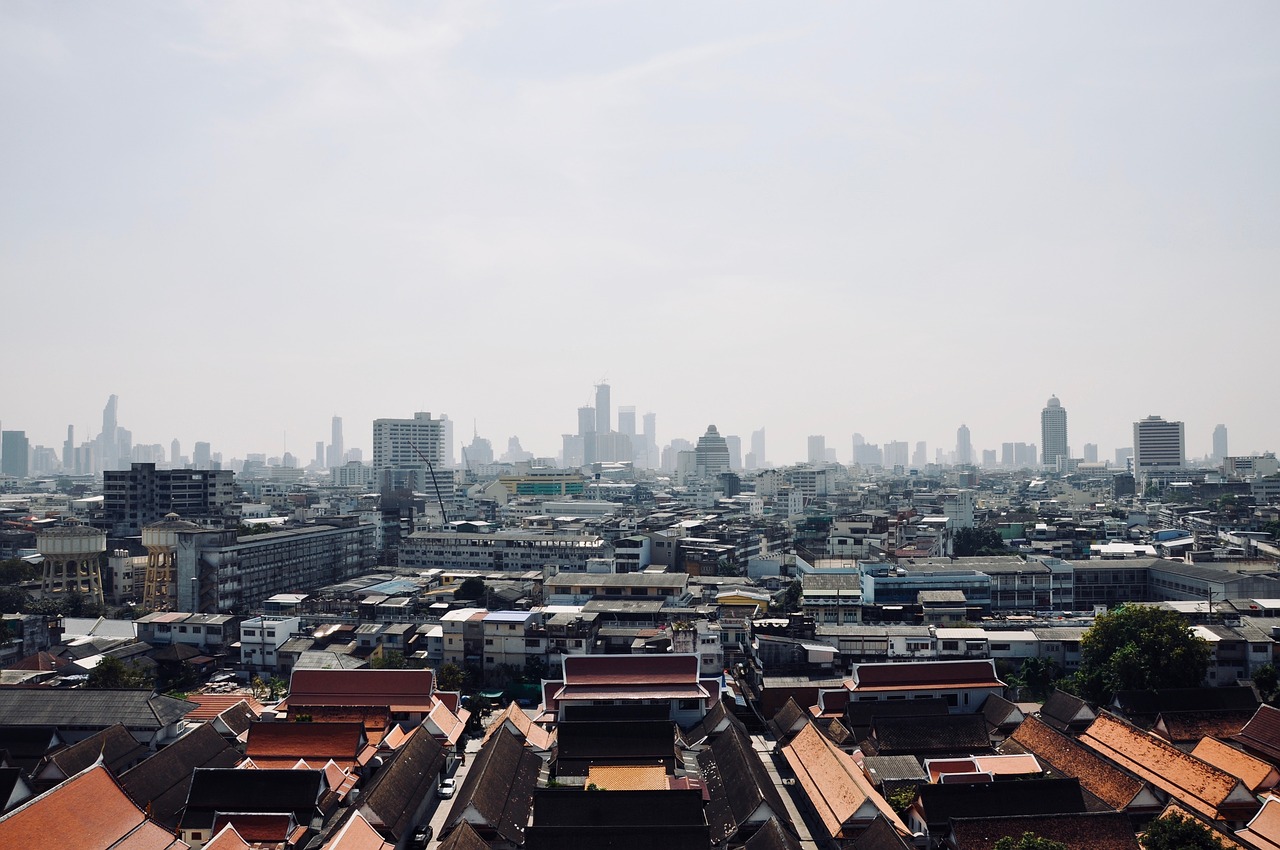World
Thailand and Vietnam’s Cooperation Raises Alarm Over Refugee Rights

Human Rights Watch (HRW) has raised serious concerns over the recent cooperation between authorities in Thailand and Vietnam, warning that this collaboration endangers Vietnamese refugees and violates international refugee law. The rights organization condemned actions taken this year, which have reportedly led to the detention of a significant number of Vietnamese nationals, including those with recognized refugee and asylum status.
Interviews conducted by HRW with 34 Vietnamese refugees residing in Bangkok from July to October 2025 revealed a pervasive atmosphere of fear regarding potential arrest, abduction, or extradition to Vietnam. Among the cases highlighted was that of Y Quynh Bdap, who was allegedly arrested in 2024 with assistance from Vietnamese officials due to his affiliation with the Montagnards Stand for Justice, a group designated as terrorists by the Vietnamese government.
Concerns Over New Legal Agreement
Earlier this year, Thailand and Vietnam signed a comprehensive agreement aimed at enhancing legislative and judicial cooperation, as well as improving mechanisms to combat crime and facilitate the transfer of sentenced individuals. However, this pact has raised alarms among UN human rights experts who assert that it may be counterproductive. They allege that Vietnam is leveraging this agreement to share information with Thai authorities, potentially identifying Montagnard refugees for forced repatriation.
Rights advocates argue that the increased collaboration signifies a worrying trend in the targeting of dissident communities beyond their national borders. This practice is viewed as a clear violation of the principle of non-refoulement, which is enshrined in Article 33 of the 1951 Refugee Convention. This article explicitly prohibits the expulsion of refugees to territories where their lives might be at risk.
Escalating Repression of Dissidents
Advocates for human rights have expressed considerable concern over the treatment of the Montagnard and Hmong communities in Vietnam. These groups are often viewed with suspicion by the government, particularly due to historical ties with the United States and ongoing conflicts regarding land rights and religious practices. The climate of fear extends to activists and protestors, with HRW reporting in April 2025 that the Vietnamese government has intensified its crackdown on dissent.
HRW has documented a troubling trend in the misuse of Article 331 of Vietnam’s penal code, which criminalizes the “abuse of democratic freedoms.” This provision has been employed to retaliate against individuals who openly criticize the government, contributing to an increasingly oppressive environment for those advocating for human rights.
The situation remains fluid as international organizations and human rights advocates continue to monitor developments between Thailand and Vietnam. As the two countries deepen their cooperation, the implications for refugees and dissidents in the region could be severe, prompting urgent calls for global attention and action.
-

 Science4 weeks ago
Science4 weeks agoInventor Achieves Breakthrough with 2 Billion FPS Laser Video
-

 Health1 month ago
Health1 month agoCommunity Unites for 7th Annual Into the Light Walk for Mental Health
-

 Top Stories1 month ago
Top Stories1 month agoCharlie Sheen’s New Romance: ‘Glowing’ with Younger Partner
-

 Entertainment1 month ago
Entertainment1 month agoDua Lipa Aces GCSE Spanish, Sparks Super Bowl Buzz with Fans
-

 Business1 month ago
Business1 month agoTyler Technologies Set to Reveal Q3 Earnings on October 22
-

 Entertainment1 month ago
Entertainment1 month agoMother Fights to Reunite with Children After Kidnapping in New Drama
-

 World1 month ago
World1 month agoR&B Icon D’Angelo Dies at 51, Leaving Lasting Legacy
-

 Health1 month ago
Health1 month agoCurium Group, PeptiDream, and PDRadiopharma Launch Key Cancer Trial
-

 Entertainment1 month ago
Entertainment1 month agoRed Sox’s Bregman to Become Free Agent; Tigers Commit to Skubal
-

 Health1 month ago
Health1 month agoNorth Carolina’s Biotech Boom: Billions in New Investments
-

 Science1 month ago
Science1 month agoNorth Carolina’s Biotech Boom: Billions Invested in Manufacturing
-

 Top Stories4 weeks ago
Top Stories4 weeks agoFormer Mozilla CMO Launches AI-Driven Cannabis Cocktail Brand Fast









